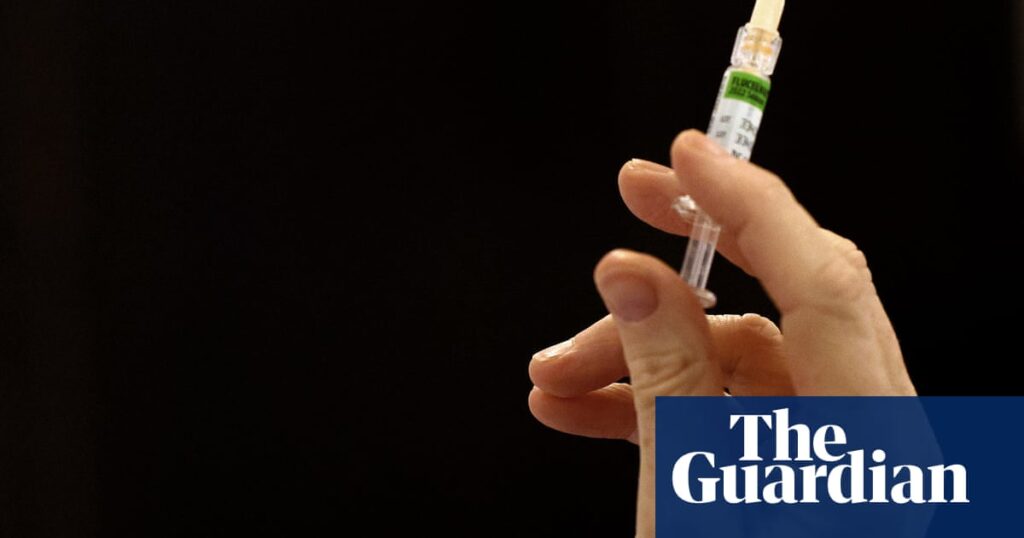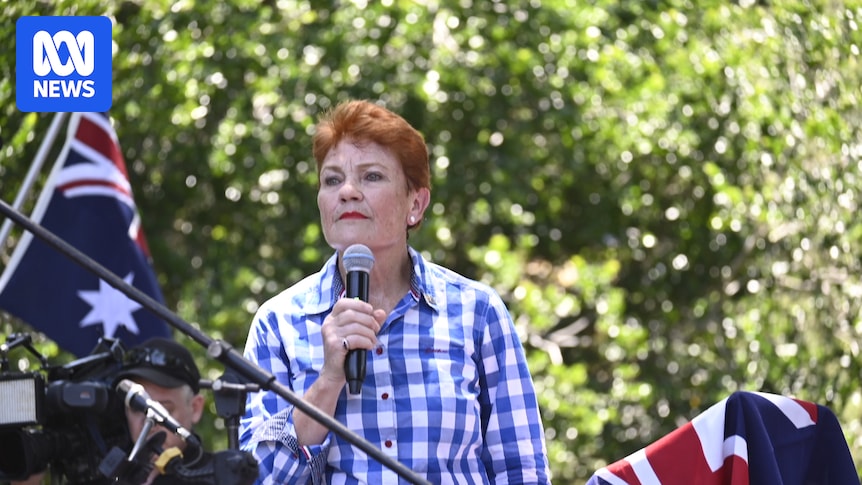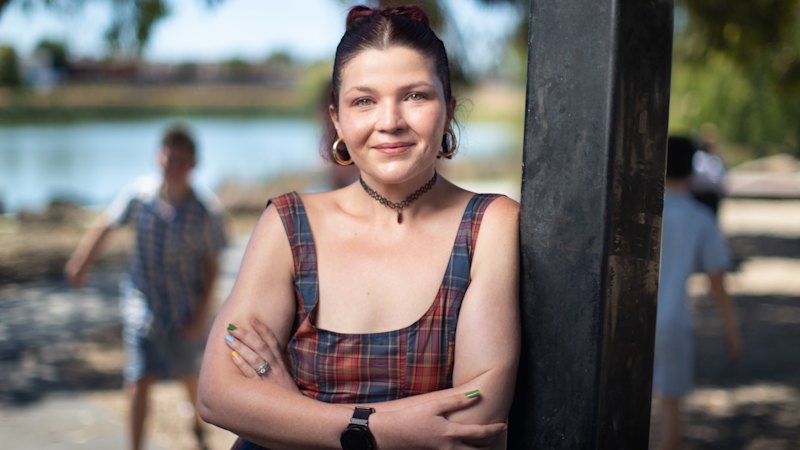
An influential U.S. vaccine panel’s recent recommendation against the use of seasonal influenza vaccines containing a specific preservative has sparked concern among medical and scientific experts. The decision, driven by a panel overhauled by U.S. Health Secretary Robert F. Kennedy Jr., has raised questions about its potential impact on vaccine availability, including in countries like Australia.
The preservative at the center of this controversy is thiomersal, known in the United States as thimerosal. Despite its long-standing use and proven safety, the Advisory Committee for Immunization Practices (ACIP) voted to recommend against its inclusion in flu vaccines. This decision has been met with criticism, particularly from pediatricians who worry about its implications for vaccine accessibility and public perception.
The Role of RFK Jr. in the Decision
Robert F. Kennedy Jr., a noted vaccine skeptic, recently assumed the role of U.S. Health Secretary and reshaped the ACIP by dismissing all 17 former members and appointing individuals aligned with his views. Some of these new appointees have been linked to the dissemination of vaccine misinformation, a move that has drawn significant criticism from the medical community.
Dr. Sean O’Leary, chair of the American Academy of Pediatrics Committee on Infectious Diseases, expressed dismay at the new ACIP, describing the global reaction as one of “horror” and labeling the situation “truly an embarrassment.”
“Removing thimerosal from all vaccines used in other countries … is going to reduce access to these vaccines, it will increase costs, and I think it’s important to note that no study has ever indicated any harm from thimerosal,” said Dr. Cody Meissner, the sole dissenting voice on the panel.
Understanding Thiomersal
Thiomersal is a preservative that contains ethylmercury, distinct from the more harmful methylmercury. It has been used since the 1930s to prevent bacterial and fungal contamination, especially in multi-dose vaccine vials. Despite its safety, thiomersal has been at the center of controversy due to misinformation linking it to autism, a claim thoroughly debunked by scientific research.
In Australia, thiomersal is not used in vaccines listed on the National Immunisation Program, with the exception of the Q fever vaccine, which is recommended only for individuals at risk due to animal contact. Since 2000, no vaccines routinely given to children in Australia contain thiomersal.
Implications for Australia
Experts suggest that the ACIP’s decision will have minimal impact on vaccine availability in Australia. Dr. Gary Grohmann, a former head of immunobiology at the Therapeutic Goods Administration, emphasized Australia’s autonomy in vaccine regulation and its robust immunization program.
Professor Julie Leask, a social researcher specializing in vaccination at the University of Sydney, noted that while the decision might not affect vaccine supply directly, it could influence manufacturers’ willingness to invest in research involving thiomersal. More concerning, she argues, is the potential for this decision to legitimize misinformation and erode public trust in vaccines.
“This anti-vax sentiment is now at this very high level in the U.S. government, and that gives it a form of legitimacy that it’s never really had before,” Leask said. “We’ve never seen a western government so willing to undermine public confidence in vaccinations.”
Dr. Grohmann echoed these concerns, emphasizing that misinformation could lead to decreased vaccination rates and potential outbreaks of preventable diseases like measles and whooping cough.
Looking Forward
The decision by RFK Jr.’s panel represents a significant shift in U.S. vaccine policy, with potential ripple effects worldwide. However, Australia’s independent regulatory framework and existing vaccine policies provide a buffer against immediate impacts.
As the global community watches these developments unfold, the focus remains on maintaining public confidence in vaccines through evidence-based communication and robust public health strategies. The situation underscores the importance of vigilance against misinformation and the need for continued advocacy for safe and effective vaccination practices.





